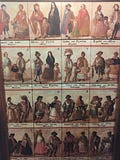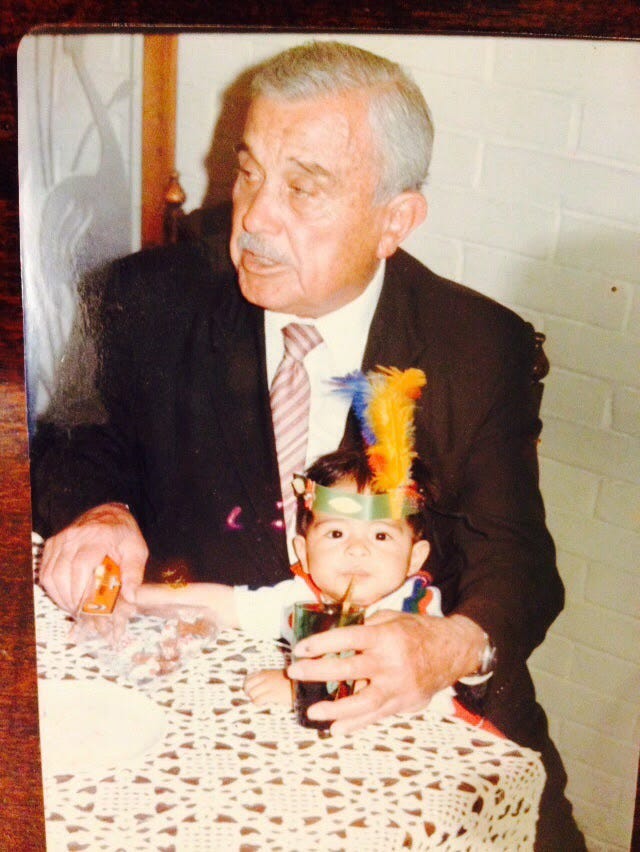Over the last couple of weeks, I have introduced the collective woundedness as one of the transversal themes in my book, A Human Catechism. I doing so, I am opening a door that hopefully will pave the way for you to explore the wounds of your context. This week, I will touch on the second representation of the Guatemalan collective woundedness. And, there is no way of sugar coating it with a nice introduction. We have to call it for what it is. It is racism.
When I was a little kid, I remember clearly my mom telling me that I had to be thankful because: “usted no tiene ni un pelo de indígena” (you don’t have a single indigenous hair). That message was ingrained in my consciousness, and I grew up with disdain and contempt towards people of Maya decent around me. I am no saint, I am a child of my context. It has taken decades to undo the deep seeded racism that I grew up with. My dad had indigenous blood in him and I was made to feel ashamed of that part of me. Thankfully, there are many people who have walked with me in my transformation. I’ve had to take responsibility for participating in this system. In the same way that I had to accept and renounce my classism, I had to confess my racism and cast it out.
This is not uncommon in Guatemala City. We are a racist society. However, we deny it with all of our strength. We believe ourselves to be free of racism because we did not have anything like the US Jim Crow laws or the South African apartheid regime. We fail to recognize that coloniality was quite successful in Guatemala. We did not need the laws. We self-regulated our racist segregation and have kept our society divided for the benefit of a few. We also carry the responsibility of tryin to fully exterminate indigenous groups.1
The wound of racism is not exclusive to the Guatemalan context. It can be seen throughout the world. Racism is the offspring of colonialism and the sibling of white supremacy. The pervasiveness of this wound in our society is so deep that we claim ignorance when racism happens around us.
There is a violent theology behind racism. This way of oppressing and discriminating others speaks of God as the sole possession of a chosen people. This distorted interpretation of the biblical text offers a powerful ideology that supports the domination of one people over others. Even more so, if we read Scripture this way, we will fail to see the cry of the non-chosen. What is worse, we will whitewash “the atrocities committed by the chosen people simple because they are God’s elect.”2 The moment when we realize that racism is the idolatry of whiteness, we will be able to develop theologies of justice, reparation, and peace. We will have the capacity to celebrate our differences and create the space for taking responsibility for what we have done, or what we have failed to do.
It is really hard to accept that we participate in racist structures. It is difficult to see how we have wounded each other. That is why, we need to understand that racism is felt, lived, and experience at a personal level. It is not just theory.
Racism became a personal matter seven years ago, when our oldest daughter came home. I am sad that it took me to have an indigenous daughter to understand with more depth what those who are squashed by the system experience. For that reason, we try to teach our daughter a theology of humanity, not the theology of those who claim to be the chosen ones. There is no chosen people. There is a chosen world.
https://edition.cnn.com/2024/04/13/americas/guatemala-genocide-trial-maya-ixil-indigenous-intl-latam
Fernández, Eleazar. Reimagining the Human. St. Louis, Missouri: Chalice Press. p 143





“There is no chosen people. There is a chosen world.” Thank you for expressing this. Our world needs more of this truth shared and shown. 🙏🏼
"There is no chosen people. There is a chosen world."
I spent a good deal of time figuring this out as well, though I landed a slightly different place. Those who are in Christ are the people of God who have received mercy. If we have not received mercy then we are not the people of God.